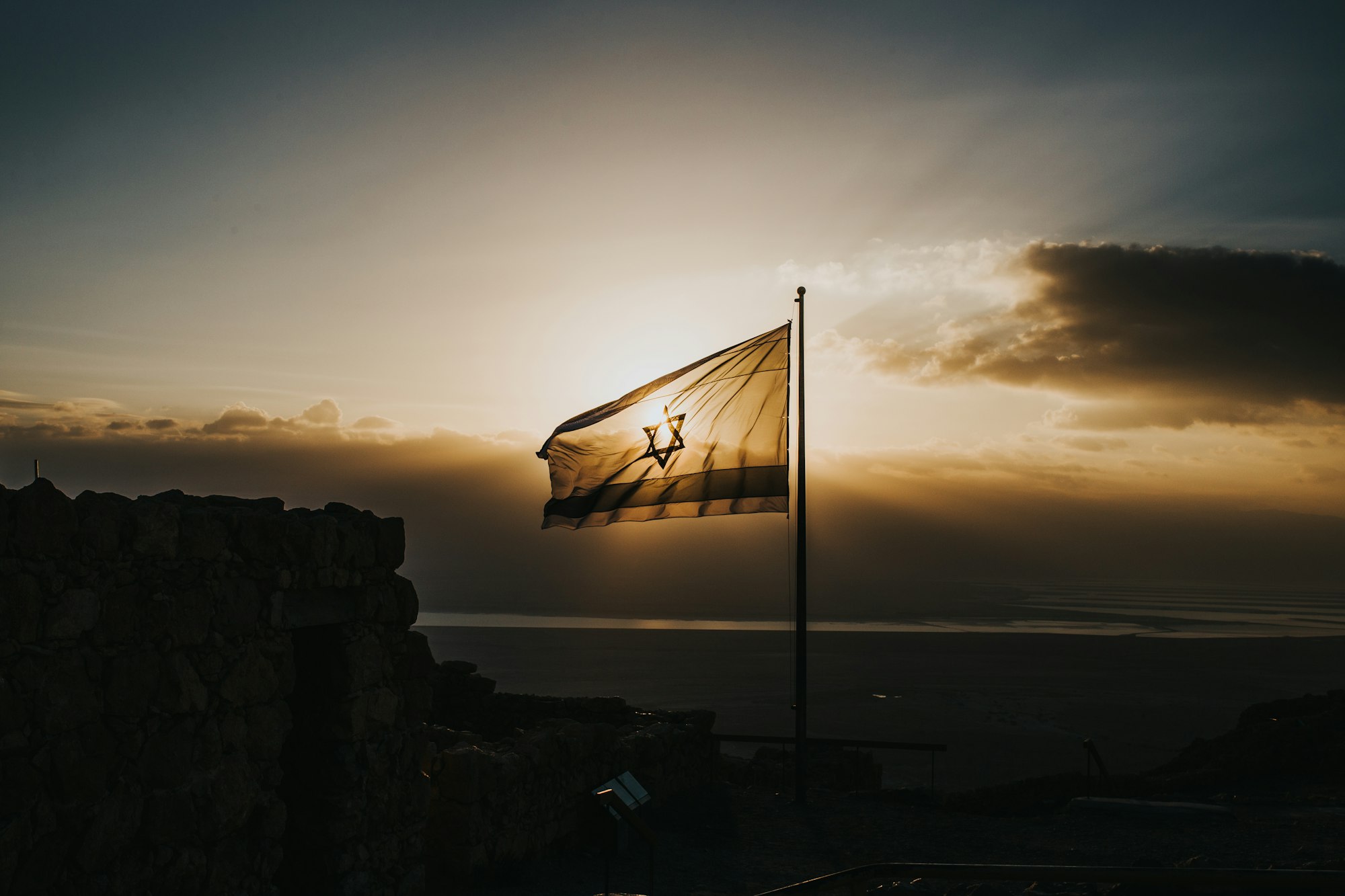Why we'll risk WW3 over Iran
A backgrounder on imperialist meddling

The history of Iran's troubled relationship with Western powers, particularly Britain and America, has roots deep in geopolitical manipulation and imperialistic exploitation, beginning with the discovery of oil in the early 20th century.
In 1908, vast oil reserves were discovered in southwestern Iran. Quickly realizing the strategic and economic significance, Britain established the Anglo-Persian Oil Company (now British Petroleum). Britain effectively monopolized Iranian oil, controlling extraction, profits, and even political affairs. Motivated purely by economic interests, Britain undermined Iranian sovereignty, manipulating local leaders and fostering dependency.
This exploitation sowed seeds of resentment. In 1951, Iranian Prime Minister Mohammad Mossadegh nationalized the oil industry, reclaiming it from British control. His actions were popular domestically, reflecting national pride and sovereignty. However, Britain, viewing Mossadegh’s nationalist policies as a threat to its interests, launched an international campaign to discredit him. They framed him as a communist sympathizer, a manipulative Cold War tactic designed to alarm the United States.
Operation Ajax, a joint effort by the CIA and MI6 in 1953, was meticulously planned and executed to overthrow Mossadegh. The operation involved a comprehensive propaganda campaign, bribery of influential figures, and orchestration of violent street protests and demonstrations. Western intelligence agencies disseminated false information to portray Mossadegh as dangerously unstable and pro-communist. This misinformation swayed international opinion and justified covert intervention. Mossadegh was ultimately arrested, placed under house arrest, and died in confinement years later.
Following Operation Ajax, the Shah, Mohammad Reza Pahlavi, was restored to absolute power, ensuring Iran remained a dependable Western ally. In return, he received significant military and economic support from America and Britain. The Shah’s regime, however, was characterized by intense repression. SAVAK, his brutal secret police force trained by Western intelligence agencies, systematically silenced dissent through imprisonment, torture, and execution.
Public perception in the West was carefully managed. The Shah was presented as a modernizing figure leading Iran toward progress and stability, while Mossadegh was portrayed negatively as irrational and aligned with communist ideologies. This distorted narrative shaped Western public opinion, obscuring the darker realities of the Shah’s regime.
Decades of oppression exploded into the Iranian Revolution of 1979, toppling the Shah and establishing an Islamic Republic under Ayatollah Khomeini. Revolutionary fervor was strongly anti-Western, viewing America and Britain as architects of Iranian suffering. The revolution directly targeted symbols of Western influence, most notably during the Iran Hostage Crisis, where American diplomats were held captive for 444 days, symbolizing deep-rooted animosity.
The revolution dramatically reshaped Iran's regional influence and relations. The new Islamic Republic asserted itself as a staunch opponent of Western and Israeli interests, actively supporting movements and groups that challenged Western-aligned governments in the region. Iran's influence grew significantly in Lebanon through Hezbollah, and in Palestine by supporting Hamas. Additionally, Iran sought to counterbalance Saudi and American influence, deepening sectarian divides and increasing tensions across the Middle East.
Today, Western governments continue to frame Iran as an aggressive state threatening regional and global security. This portrayal is reinforced through selective media coverage focusing on Iran’s nuclear ambitions and support for militant groups, often without context or acknowledgment of historical grievances. Such narratives obscure the legacy of Western interference and legitimize continued political and economic pressure against Iran.
The West continues to interfere in Iranian affairs primarily to retain regional control and safeguard economic and strategic interests, particularly access to oil and protection of allied governments. Supporting allies such as Israel, which serves as a strategic counterweight to Iranian influence, remains central to this policy. Israel's military strength and alignment with Western geopolitical objectives provide stability and ensure Western dominance in a volatile region, despite significant human rights concerns and international criticism.
Iran also maintains critical strategic alliances, most notably with Russia and China. For Russia, Iran represents a key partner in counterbalancing Western influence in the Middle East and reinforcing its geopolitical presence. Iran provides Russia with strategic depth and cooperation in areas such as energy, military, and regional diplomacy, notably in Syria. China views Iran as integral to its Belt and Road Initiative, providing vital energy resources and access to critical regional markets. Both Russia and China have significant economic and military investments in Iran, making it a cornerstone of their broader regional strategies.
Whether or not they are justified, continued Western interference in Iranian affairs poses serious risks. Such actions heighten regional tensions, risk military escalations, and threaten broader global stability. Iran's strategic location along critical trade routes and its significant influence within the Middle East mean conflicts involving Iran can rapidly escalate into widespread regional or even WW3.
Today’s tense relations between Iran and the West cannot be separated from this historical context. The anger, mistrust, and bitterness are direct outcomes of British and American manipulation and exploitation. Far from spreading freedom or democracy, Western interventionism in Iran exemplifies a broader imperialistic pattern where geopolitical interests take precedence over human rights and national sovereignty.
Read more of my ramblings about Imperialist meddling in the Middle-East:

Support rogue journalism, unconstrained thinking and radical ideas. Support a website free from pop-up ads. Support de-corporatized media.
Subscribe, share or make a one-time contribution.




